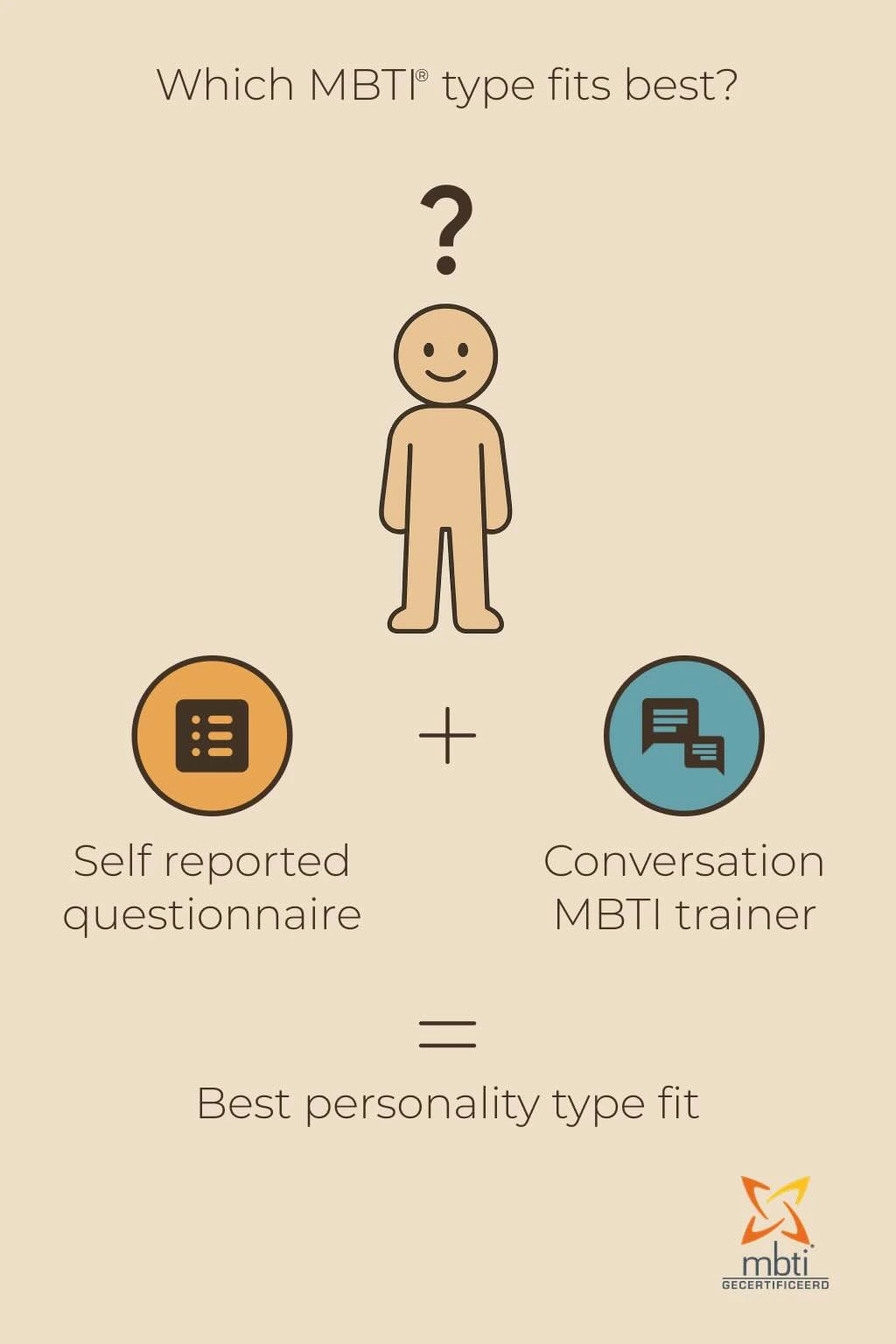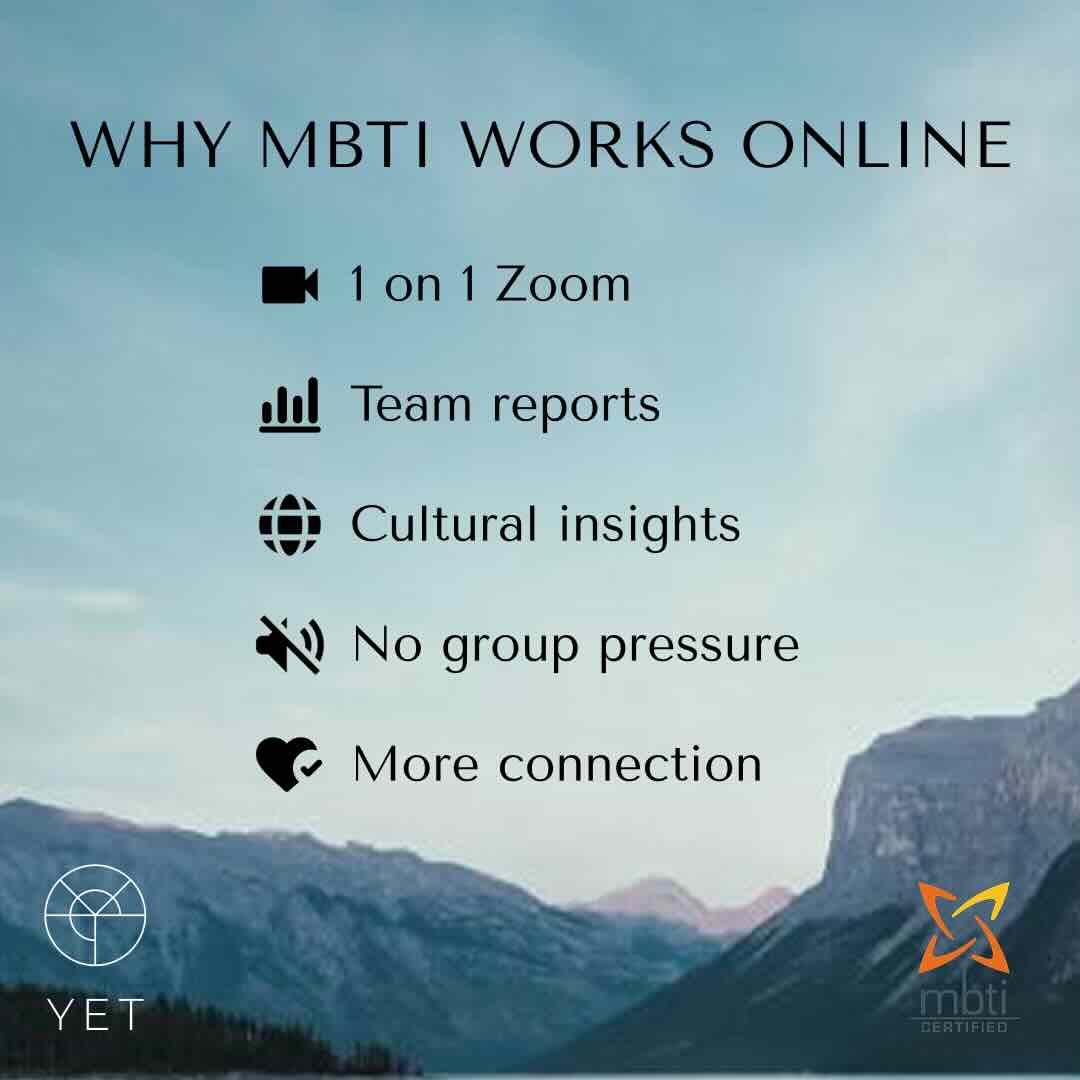Understanding the ISTP Personality Type: The Practical Problem-Solver
In the world of personality types, ISTPs stand out as the ultimate pragmatists. Known as the “Practical Problem-Solver” within the MBTI® framework, ISTPs are characterized by their sharp analytical skills, independence, and a hands-on approach to challenges. They are driven by their natural curiosity and desire to understand how things work. The ISTP personality type stands for “Introverted, Sensing, Thinking, and Perceiving,” and they are often known for their adaptability, resourcefulness, and ability to remain calm under pressure.
In this blog post, we’ll explore the traits, strengths, challenges, and workplace dynamics of the ISTP personality type. Whether you’re an ISTP looking to deepen your self-awareness or someone trying to collaborate more effectively with an ISTP, this guide will help you understand the mindset of the Practical Problem-Solver.
ISTP Core Traits
1. Introverted (I):
ISTPs recharge through solitude and introspection. While they are not shy, they prefer to focus on their inner thoughts and energy, rather than spending long periods in social settings. Their introverted nature allows them to quietly observe and assess situations before jumping into action.
2. Sensing (S):
Being highly attuned to their surroundings, ISTPs have a sharp eye for detail. They rely on practical information and real-world experiences to understand and solve problems. Rather than getting lost in abstract concepts, ISTPs focus on the tangible and the concrete.
3. Thinking (T):
ISTPs approach the world through a logical and analytical lens. They prioritize objective analysis over emotions when making decisions, relying on facts and evidence. This makes them excellent problem-solvers, especially in situations that require quick, level-headed decisions.
4. Perceiving (P):
Adaptability is one of the ISTP’s strongest traits. They prefer to keep their options open, allowing them to act quickly and effectively when unexpected challenges arise. ISTPs are spontaneous and flexible, thriving in environments where they can make decisions on the fly.
Strengths of the ISTP Personality Type
1. Problem-Solving Skills:
ISTPs excel in situations that require hands-on problem-solving. They are resourceful and practical, capable of analyzing a problem from different angles and finding efficient, real-world solutions. Their ability to remain calm under pressure makes them invaluable in high-stakes environments.
2. Independent and Self-Sufficient:
ISTPs prefer to work independently and are highly self-reliant. They trust their instincts and abilities to get the job done, often without needing guidance or approval from others. This autonomy allows them to pursue their interests and solve challenges in their own way.
3. Calm and Composed:
ISTPs are rarely flustered by unexpected challenges or high-pressure situations. They keep a cool head and can act decisively when others might panic. Their ability to stay grounded and focused allows them to handle crises effectively.
4. Curiosity and Technical Skills:
With a natural curiosity for how things work, ISTPs often develop strong technical and mechanical skills. They enjoy working with their hands, tinkering with tools, and understanding systems—whether it’s fixing a broken device or figuring out the logistics of a project.
Challenges and Growth Areas for ISTPs
1. Difficulty Expressing Emotions:
ISTPs tend to suppress their emotions, focusing more on logic and practicality. This can make them appear distant or unemotional to others, which can lead to misunderstandings in personal and professional relationships.
Growth Tip: ISTPs can work on recognizing and expressing their emotions more openly. While they may not feel the need to share their feelings, being more communicative can improve their connections with others.
2. Impatience with Theoretical Ideas:
ISTPs prefer practical, hands-on solutions, which means they may become impatient with abstract theories or long discussions about ideas that don’t have an immediate application.
Growth Tip: While practical approaches are their strength, ISTPs can benefit from developing patience for more theoretical discussions, especially in team settings where broader planning or abstract ideas are important.
3. Resistance to Routine:
ISTPs dislike rigid schedules and routine tasks, which can cause them to lose interest in projects that require repetitive work or long-term commitment. Their preference for flexibility may conflict with the structure of certain roles or responsibilities.
Growth Tip: While it’s natural for ISTPs to crave variety, developing routines or frameworks for recurring tasks can help them stay engaged and avoid feeling bored or trapped by monotony.
4. Risk-Taking Tendencies:
ISTPs are natural risk-takers, often willing to leap into a situation without much preparation. While this spontaneity can lead to innovation, it can also result in unnecessary mistakes or overlooked details.
Growth Tip: ISTPs can benefit from pausing to assess potential risks and consequences before jumping into action. Developing a balance between spontaneity and careful planning will enhance their decision-making process.
ISTPs in the Workplace
ISTPs thrive in environments that allow for flexibility, independence, and hands-on problem-solving. They prefer roles where they can analyze complex problems and implement practical solutions, often excelling in technical, mechanical, or analytical fields.
ISTPs often prefer working independently but are highly effective in teams when their skills are valued and they’re given the freedom to solve problems their own way. They may struggle in highly structured or hierarchical environments where flexibility is limited.
ISTPs in Personal Relationships
In relationships, ISTPs are known for their quiet, supportive presence. They tend to show love and care through actions rather than words, and their partners may appreciate their calm, steady nature. However, ISTPs can sometimes seem emotionally distant or detached, especially when they focus more on practical matters than emotional intimacy.
For ISTPs, developing a greater awareness of their emotional side and working on communication in relationships can lead to more fulfilling connections with loved ones.
Conclusion: Embracing the ISTP Personality
The ISTP personality type is a unique blend of practicality, independence, and resourcefulness. ISTPs are excellent at staying calm in stressful situations, solving problems efficiently, and acting when it matters most. By understanding their natural strengths and addressing their growth areas, ISTPs can lead a balanced and fulfilling life.
For ISTPs, embracing their natural curiosity while also learning to express their emotions and plan more carefully will help them reach their full potential, both in the workplace and in their personal relationships.
Read more about the ISTP personality type in a cultural context:
Read more about the ISTP personality type in cultural context here.





